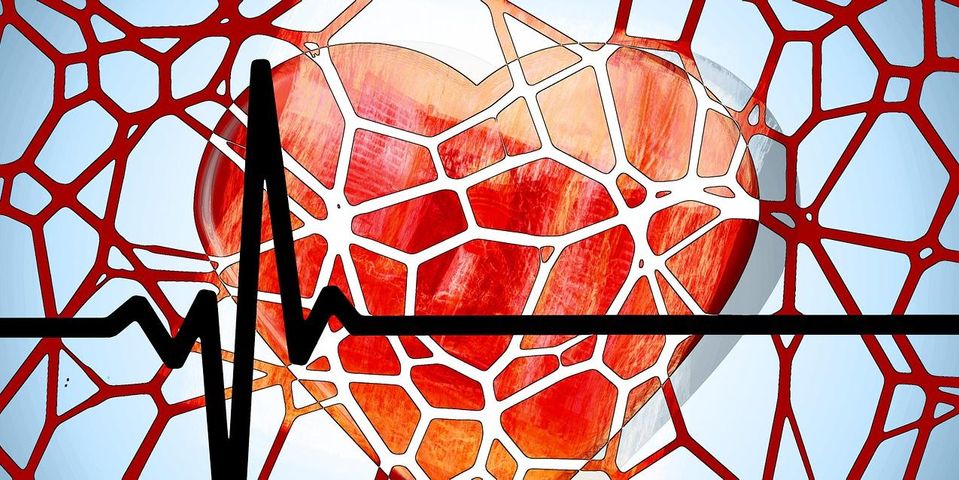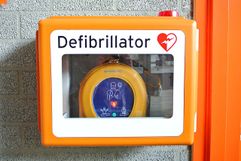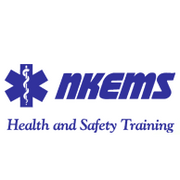Cardiac Screening Specialists Reveal the Most Common Signs of Cardiac Arrest

Do you know what the signs of cardiac arrest are? The sudden loss of heart function can happen to anyone unexpectedly when the blood supply to the heart is lost, according to Northern KY Emergency Medical Services in Fort Thomas, KY, which provides the top first-aid training and cardiac screenings. For the best chance of survival, immediate emergency care is crucial.
To recognize if you or someone around you is suffering from cardiac arrest, carefully study the common signs of the condition, and learn what you can do to help in this emergency situation:
Common Cardiac Arrest Signs
There are several signs that suggest a person could be suffering from cardiac arrest. Suddenly collapsing and losing consciousness could indicate a loss of blood supply to the heart. Additionally, someone who has no pulse or is not breathing may likely be suffering from cardiac arrest.
How To Help
If you see someone displaying any of the above signs, always call 911 first. If the person is not breathing, begin CPR, which includes chest compressions and emergency rescue breathing. A 911 dispatcher can help guide you through the necessary steps of performing CPR if you are not trained.

If you’re in a place that’s equipped with an AED (automated external defibrillator) or portable defibrillator, you can use these devices to help revive a patient by delivering a shock to their heart, although chest compressions and rescue breathing are still required. These devices usually come with verbally guided instructions, but a 911 dispatcher can also help instruct you through the process.
Causes Of Cardiac Arrest
The reason a person’s heart stops beating suddenly isn’t always clear; however, most cardiac arrest patients have some type of heart rhythm abnormality. A special group of cells located in the upper right heart chamber is responsible for regulating your heartbeat, but if the sinus node is not properly functioning, your heart may not receive the oxygenated blood it needs to continue pumping. Get cardiac screenings regularly to determine possible risk factors and take steps to reduce them.
Other heart conditions that can lead to cardiac arrest include coronary artery disease, heart attack, enlarged heart, leaking or narrowing of the heart valves, and congenital heart disease. People who experience a rapid or erratic heartbeat could also be in danger.
Cardiac arrest is a serious health concern. If you have reason to believe your heart health is at risk, don’t hesitate to seek professional medical help. Your doctor may perform a cardiac screening, which could include blood work and an EKG test.
To learn more about the signs of cardiac arrest, call (859) 572-4511 to speak with the experts at Northern KY Emergency Medical Services. Visit their website for more information on the training classes they offer and to shop for life-saving devices like AED machines.
About the Business
Have a question? Ask the experts!
Send your question

